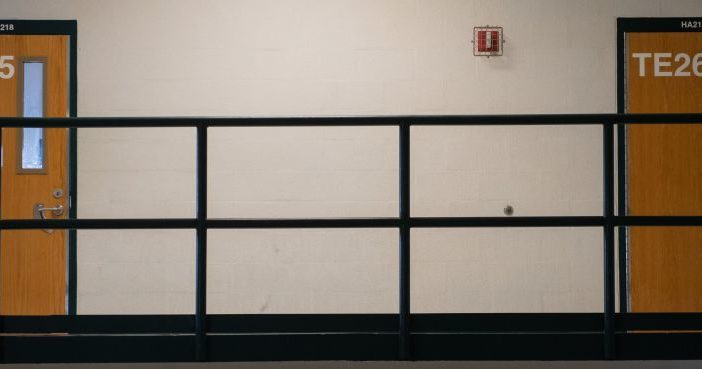
Last fall, Florida voted overwhelmingly to restore voting rights for 1.4 million people with criminal records. This past July, however, the Florida Legislature and governor rejected that directive and enacted a law requiring those same people to pay new fees and penalties before voting.
The measure will be tied up in the courts for a long while. Hard to imagine for most of us, but for people with criminal records, a new poll tax is just more of the same.
So, let’s go there. Imagine a life where you spend every day, all day, in a room no bigger than a parking space. You may not have a window, but you’ll have food and water. Your human interaction will be limited. If you earn the privilege of an assigned job, you’ll be free from the mind-numbing tedium for a short while. That leaves plenty of time for contemplating how your life is now defined by the worst thing you’ve ever done.
That’s prison and the path that brought you here may have started with addiction, mental illness, a life of bad choices, a momentary lapse of judgment, or simply because a beleaguered defense lawyer told you that this was the least worst of your then bad options.
Now imagine that you’ve done your time, and you’re out. Will you get a second chance to remake your life?
For the more than 2.2 million men and women currently in U.S. prisons, the 11 million cycling through U.S. jails, and the 600,000 people released from incarceration each year, the answer is a resounding: maybe.
Read full article published in Bloomberg Law




